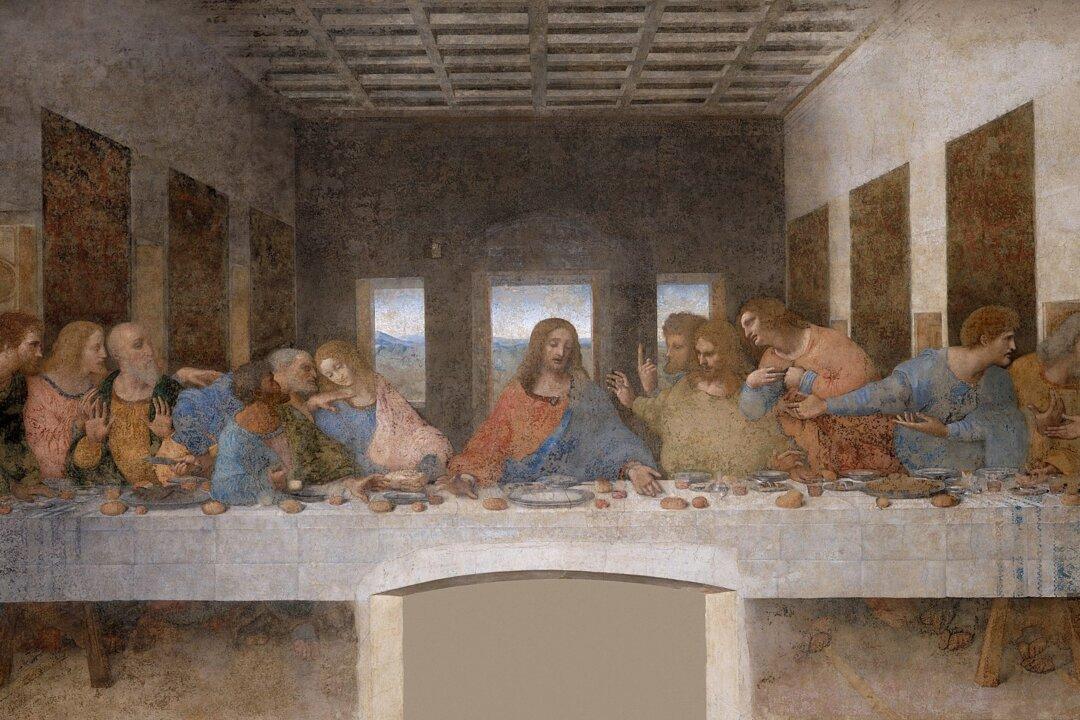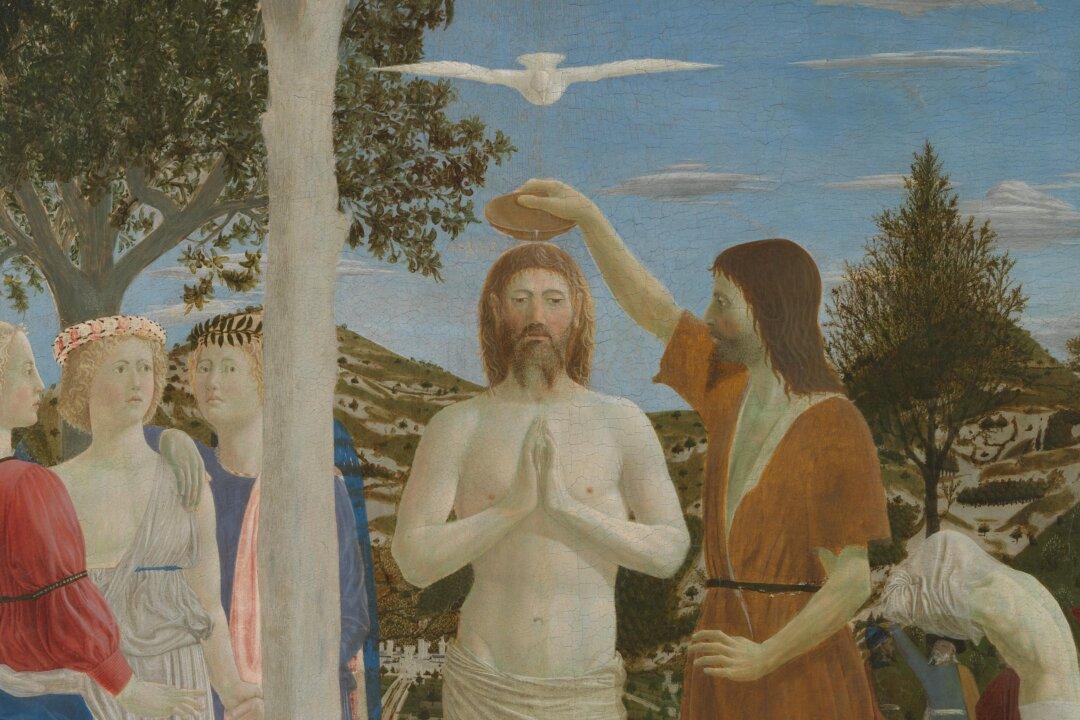Western morality is based on 10 very old and very good rules for living: the Ten Commandments.
The Ten Commandments (sometimes known as the Decalogue, or “Ten Words,” are the commands given by God to Moses at Mt. Sinai, which Moses brought down the mountain engraved on two stone tablets. These commands address the central issues of human behavior toward God and one’s fellow human beings.






